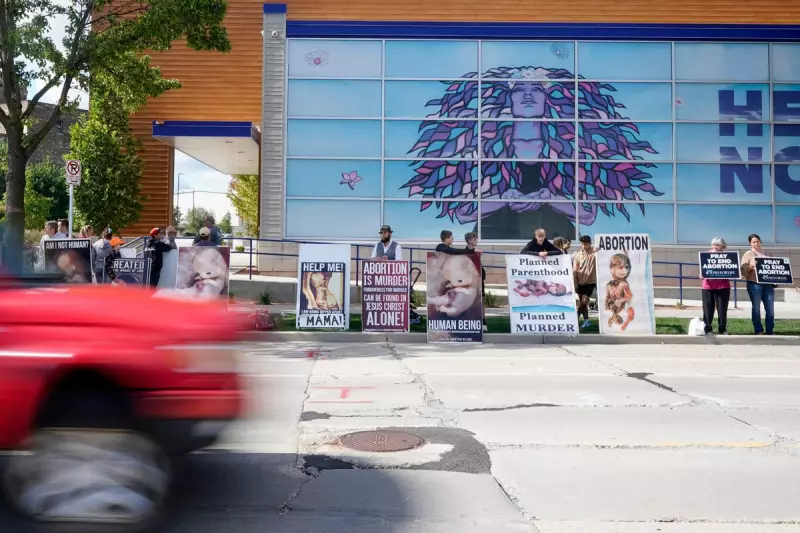
In a controversial move that could impact thousands of Wisconsin residents, Republican legislators have decisively blocked a federal funding proposal that would have directed millions to Planned Parenthood healthcare services across the state.
The rejected funding, which amounted to approximately $8 million in federal dollars, was intended to support essential healthcare services including cancer screenings, STD testing and treatment, and routine wellness exams for low-income patients.
Political Standoff Over Healthcare Access
Democratic Governor Tony Evers had championed the funding initiative as part of a broader effort to expand healthcare access throughout Wisconsin. However, Republican lawmakers on the state's powerful budget-writing committee voted overwhelmingly against the measure, citing their longstanding opposition to organisations that provide abortion services.
"This decision represents another chapter in the ongoing political battle over reproductive healthcare in America," said Michelle Velasquez, Chief Strategy Officer of Planned Parenthood of Wisconsin. "It's deeply disappointing that political ideology has once again taken precedence over patient care."
Real Consequences for Wisconsin Patients
The funding rejection comes at a critical time for healthcare providers across Wisconsin. Planned Parenthood operates 22 health centres throughout the state, serving approximately 30,000 patients annually through the Medicaid programme alone.
Many of these patients rely on Planned Parenthood as their primary healthcare provider, seeking services that extend far beyond reproductive care. The organisation provides:
- Comprehensive cancer screenings
- HIV testing and prevention services
- Contraception and family planning
- General wellness examinations
- Sexually transmitted infection treatment
National Implications
This development in Wisconsin reflects a broader national trend where state-level decisions are increasingly shaping healthcare access. The timing is particularly significant given recent federal court rulings and ongoing debates about healthcare funding at the national level.
Healthcare advocates warn that such funding cuts could lead to reduced services, longer wait times, and potentially clinic closures in underserved communities. "When you remove $8 million from the healthcare system," Velasquez noted, "the consequences ripple through entire communities, affecting patients who have nowhere else to turn."
The decision leaves Planned Parenthood and its supporters exploring alternative funding strategies while thousands of Wisconsin residents face uncertainty about their continued access to essential healthcare services.





